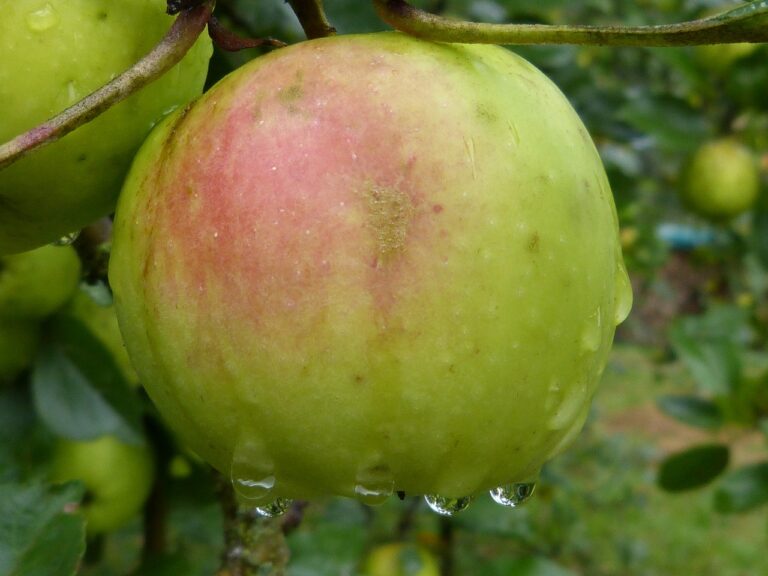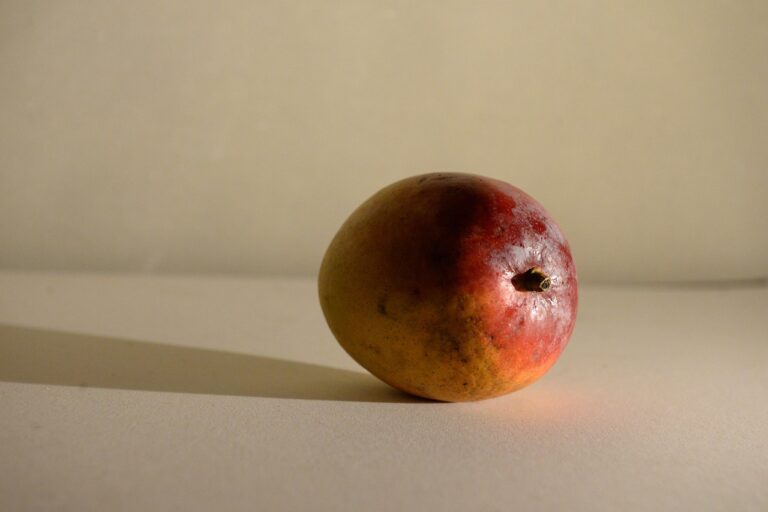Exploring the Potential of Gene Editing in Marine Conservation: Betbook250, Anna 247 login, Yolo247 login app
betbook250, anna 247 login, yolo247 login app: Gene editing has been a hot topic in the field of science for the past few years, with countless possibilities and controversies surrounding its potential applications. One area where gene editing could have a significant impact is in marine conservation. As our oceans face numerous threats, ranging from climate change to overfishing, researchers are exploring how gene editing could help protect and restore marine ecosystems.
Understanding Gene Editing in Marine Conservation
Gene editing is a technology that allows scientists to precisely modify the DNA of an organism. This technology has the potential to address a wide range of challenges in marine conservation, such as enhancing the resilience of corals to bleaching, creating disease-resistant fish populations, and even reversing the effects of genetic diseases in marine mammals.
Enhancing Coral Resilience
One of the most pressing issues facing coral reefs is bleaching, a phenomenon caused by rising ocean temperatures. By using gene editing techniques, scientists could potentially modify the genes of corals to make them more resilient to stressors such as heat and pollution. This could help protect these vital ecosystems and ensure their survival in the face of climate change.
Creating Disease-Resistant Fish
Overfishing and disease outbreaks pose significant threats to fish populations worldwide. Gene editing could be used to create fish species that are resistant to common diseases, reducing the need for antibiotics and improving overall population health. By ensuring the survival of key fish species, we can help sustain marine food chains and protect biodiversity.
Restoring Endangered Species
Gene editing also holds promise for the conservation of endangered marine species. By modifying the genes of individuals with low genetic diversity, scientists could potentially increase their chances of survival and reproduction. This could be particularly useful for species such as sea turtles and whales, whose populations are dwindling due to human activities.
FAQs:
Q: Is gene editing safe for marine ecosystems?
A: While gene editing holds great potential, it is essential to proceed with caution to minimize any unintended consequences. Scientists and regulators must carefully assess the risks and benefits of each gene editing application to ensure the safety of marine ecosystems.
Q: Can gene editing be used to create new species?
A: While gene editing can be used to modify the genes of existing species, creating entirely new species is a complex and ethically challenging process that is currently beyond our capabilities.
Q: What are the ethical considerations of gene editing in marine conservation?
A: Ethical considerations surrounding gene editing in marine conservation include issues such as the potential impacts on biodiversity, the rights of individual organisms, and the long-term consequences of genetic modifications. It is essential for scientists, policymakers, and the public to engage in transparent and inclusive discussions when considering the use of gene editing in conservation efforts.
Overall, gene editing has the potential to revolutionize marine conservation by addressing complex challenges and safeguarding the health of our oceans. By leveraging this technology responsibly and thoughtfully, we can protect marine ecosystems for future generations to come.







